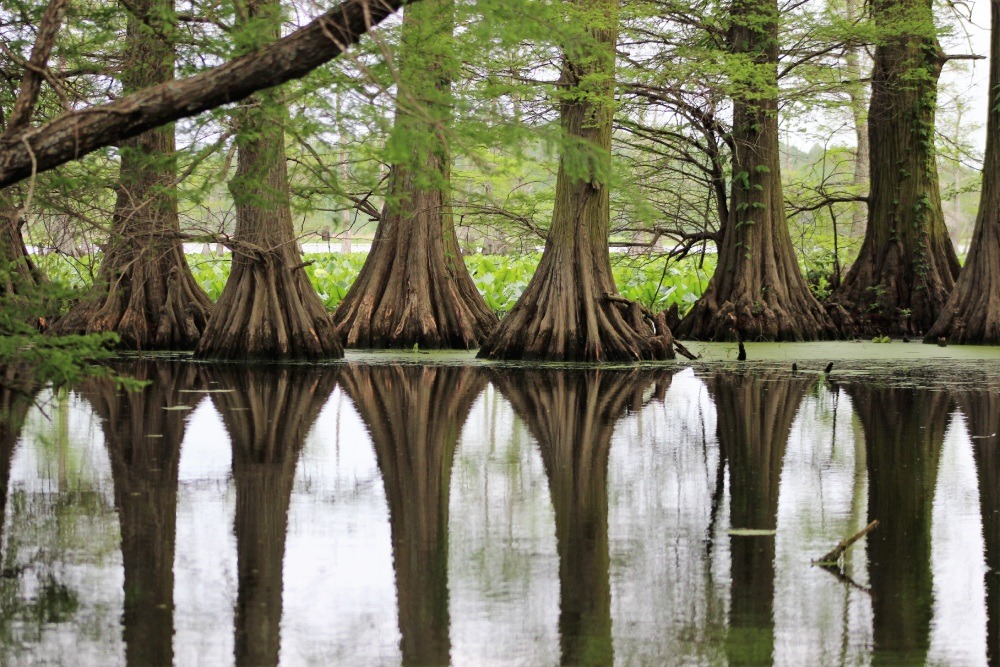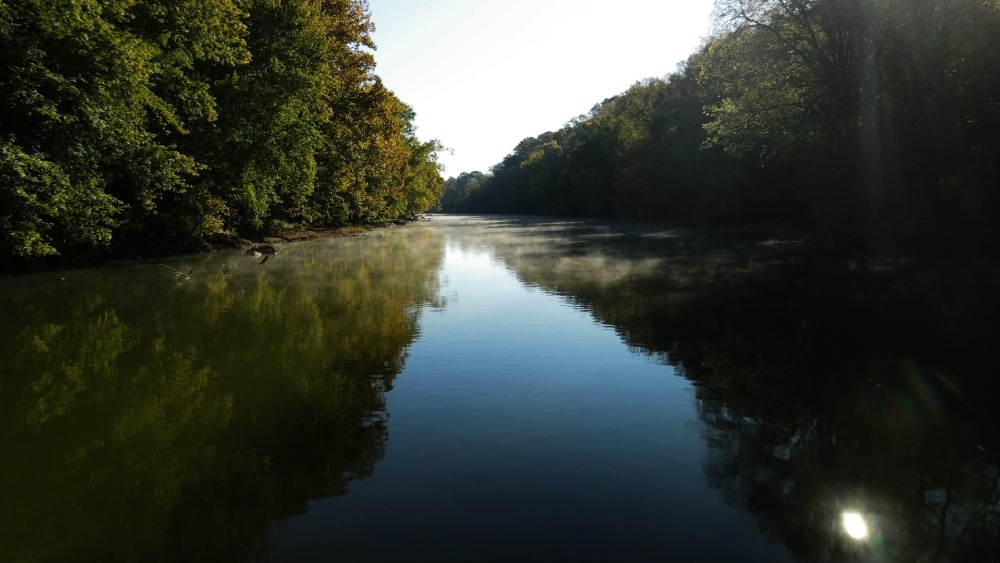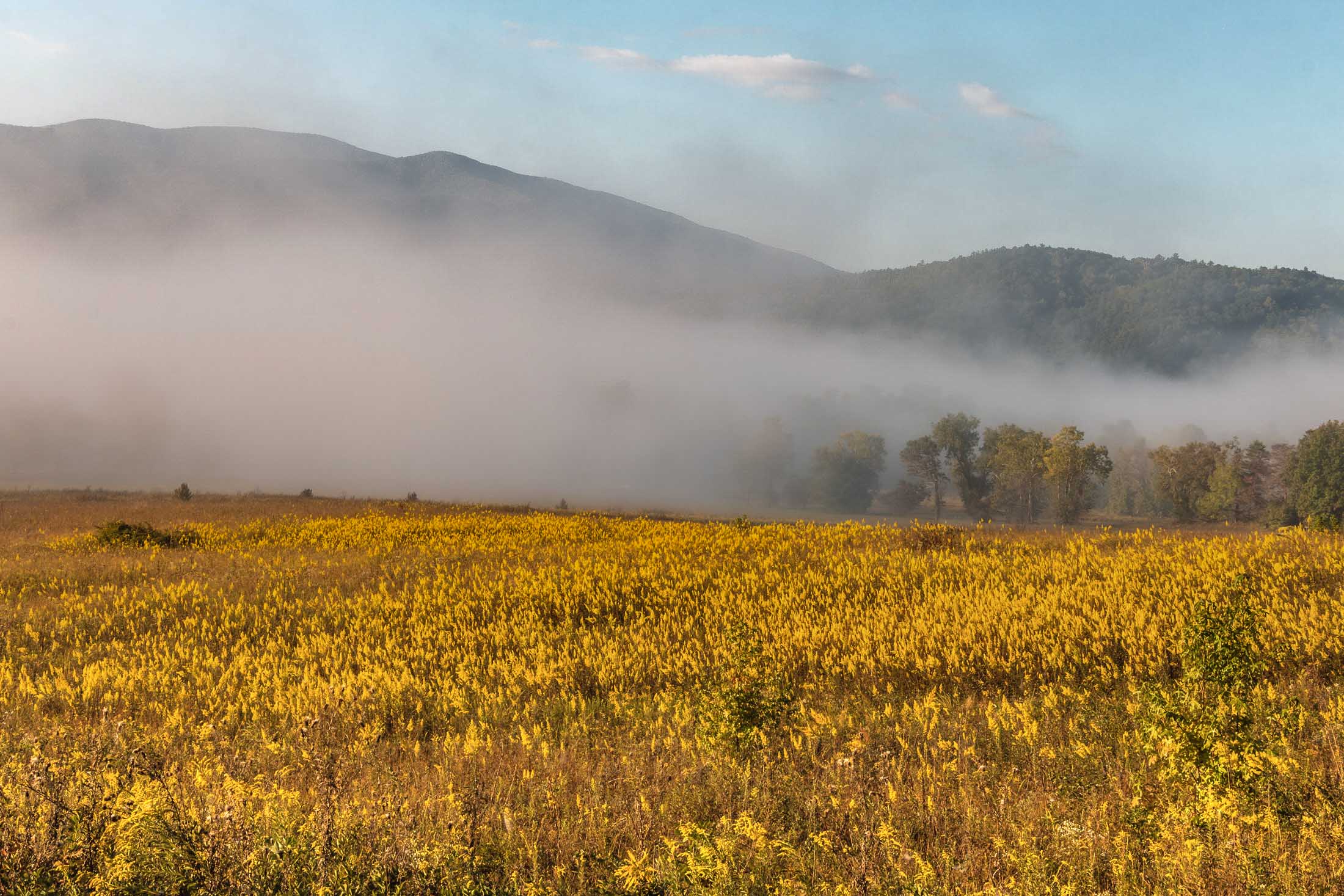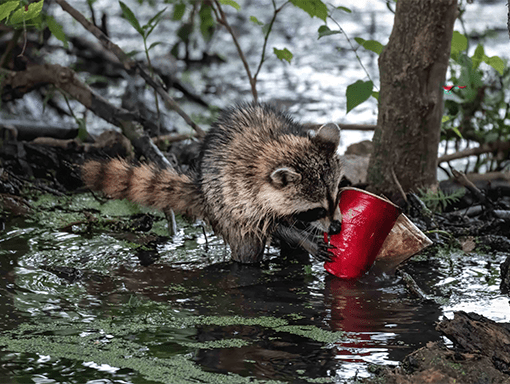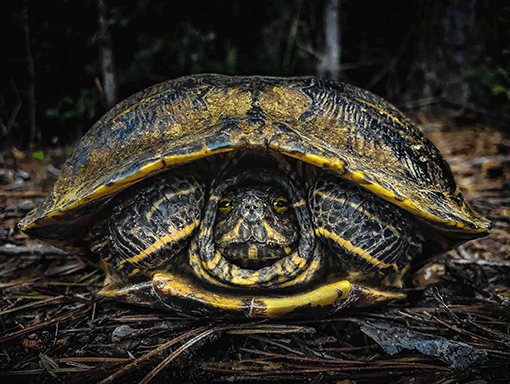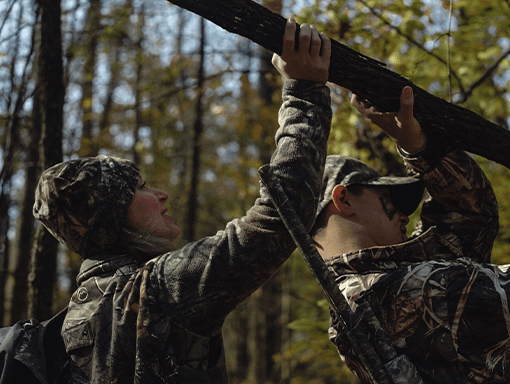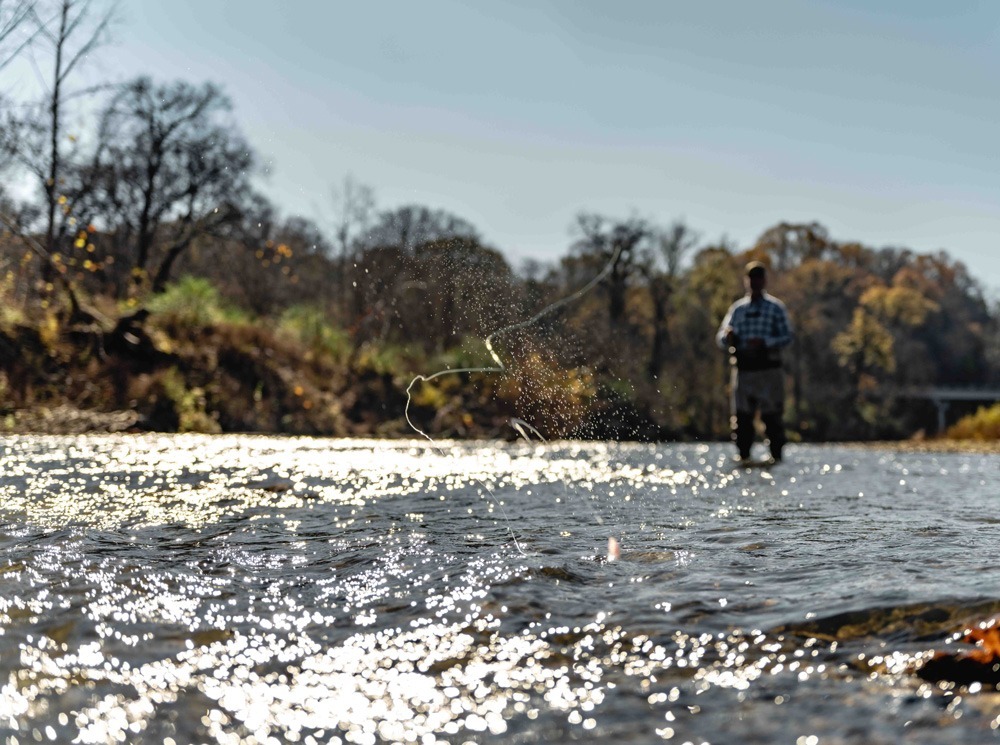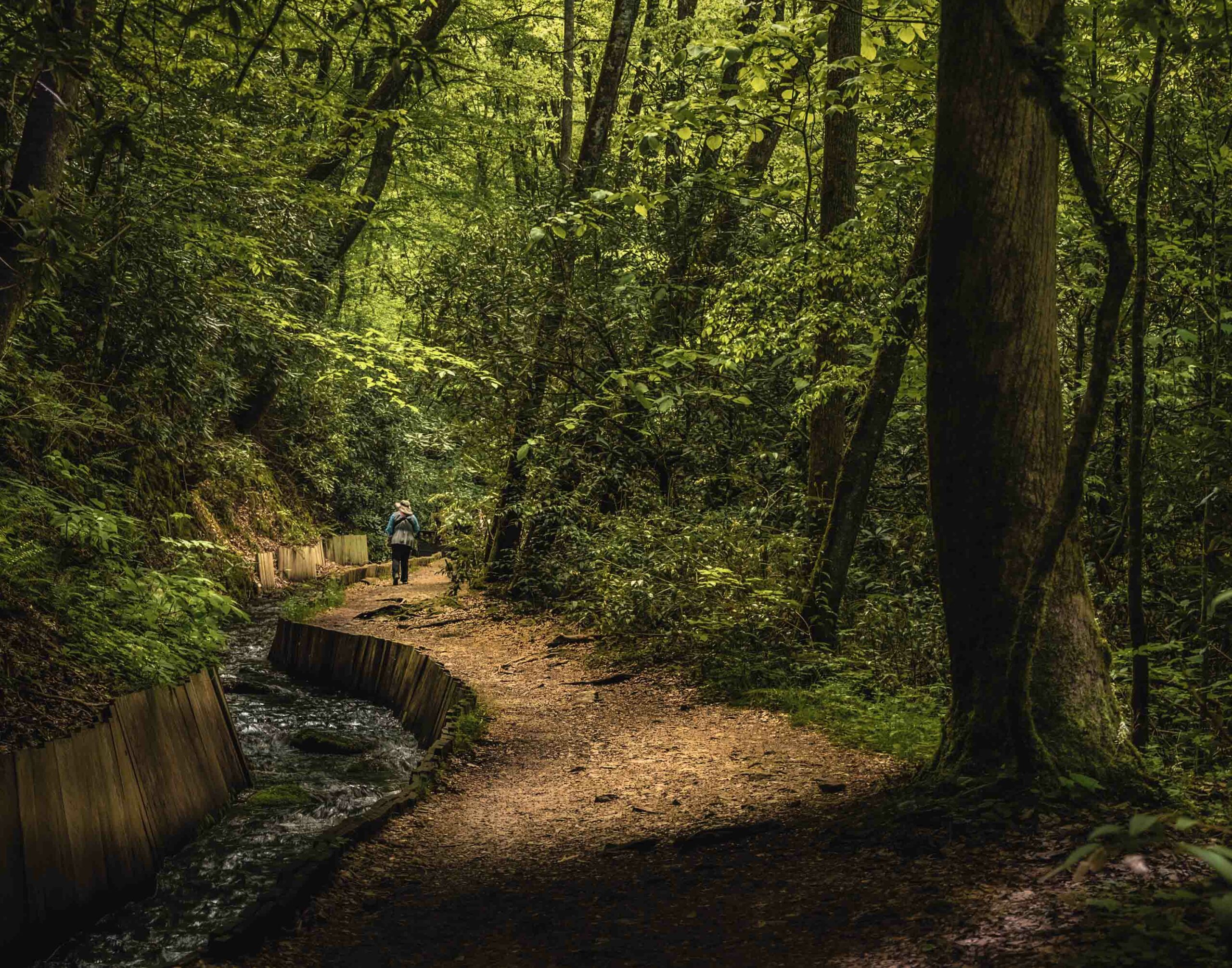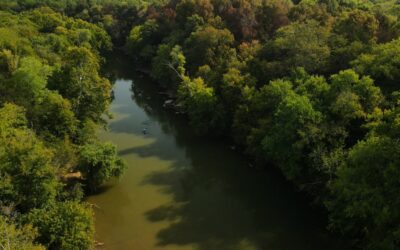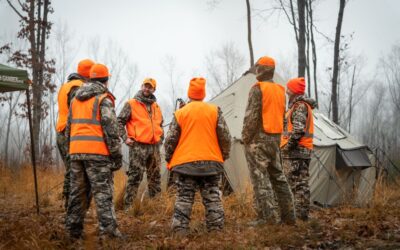Protecting Land & Habitat
From the wetlands in the west to the mountaintops in the east, Tennessee is filled with beautiful, diverse habitats. Because approximately 90 percent of Tennessee land is privately owned, managing land well and connecting habitat is essential for native wildlife populations. Tennessee Wildlife Federation advocates for better stewardship of our forests, grasslands, streams, rivers, and wetlands—and works with public agencies and private landowners to achieve our goals.
Conserving Tennessee’s Wetlands
Wetlands are vital to Tennessee’s wildlife, environment, and communities, providing critical habitats, improving water quality, and reducing flood risks. Right now, state-level action is more important than ever to safeguard these essential ecosystems.
Protecting the Duck River
The Duck River is the longest river flowing entirely in Tennessee. It is one of the most biodiverse rivers in North America. And it is facing threats that will undoubtedly impact the future health of the river’s ecosystem.
Restoring North America’s Most Imperiled Ecosystem
It is estimated that Tennessee was once home to nearly 7 million acres of grasslands. From 2008 through 2016, Tennessee lost an average of 27,359 acres of grassland each year. Restoring this critical habitat is key for the success of native wildlife and plants.
Speak out
Help lead Tennessee's wildlife and habitat conservation movement by making your voice heard.
Give
Your generosity helps manage wildlife populations and restore habitats for a more vibrant Tennessee.
Sign up for action alerts
More Land & Habitat Concerns
Stop Litter, Preserve the Land We Love
Tennessee has a pollution problem. Litter affects wildlife, agriculture, recreation, and much more—all of which lead to negative impacts on Tennessee’s economy, health, and wild places.
Unsafe Roadways for Wildlife
Roads connect us, but they are often impossible and deadly barriers to wildlife. Creating tunnels, bridges, and other wildlife-friendly infrastructure to increase habitat connectivity and reduce wildlife-vehicle collisions is essential to improve the safety of wildlife and people traveling through these areas.
Growing Need for Long-Term Funding
The hard-earned conservation successes from the past century are at risk. In the early 1900s, conservationists ignited a movement to find management and funding solutions for our land, wildlife, forests, and water. The problems of today are more complex but share the same foundations. This means it is time to come together again to address the growing need for long-term conservation funding.
Inadequate Water Resource Management
Regional growth is good for the economy, but if not done responsibly it will have detrimental impacts on the lands, water, and wildlife that draw many people to Tennessee. The health and abundance of Tennessee’s waterways needs time and resources to plan and monitor regularly.
Learn more
Leaders Unite to Advance Conservation in Tennessee
Tennessee Wildlife Federation brought together more than 50 sportsmen and outdoor leaders to discuss the future of conservation in Tennessee.
2025 General Assembly Preview
Conservation will be a big topic again in the 2025 session of the Tennessee General Assembly. Join our Action Alert email list now to be notified when your voice is needed to speak up for conservation.
Conservation Priorities at the 2024 Tennessee General Assembly
In the 2024 Tennessee General Assembly, the Federation tracked 150+ state bills related to wetlands, outdoor recreation, and more.

